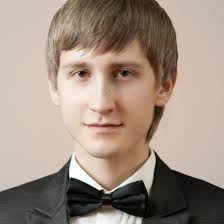Dreary outcome at the Tchaikovsky Competition
mainThere were four exciting finalists in the piano contest, the only one that really matters.
The winner was not one of them. He ticked all the boxes, was a safe choice, and Russian besides. He never set the hall or the audience alight.
Results:
I prize and gold medal: Dmitry Masleev

II prize and silver medal: Lucas Geniušas; George Li
III prize and bronze medal: Sergei Redkin; Daniel Kharitonov
IV prize: Lucas Debargue
Once again no first prize was awarded in the violin section. The judges showed unbelievable indecision by splitting the bronze medal into three:
I prize and gold medal: –
II prize and a silver medal: Tseng, Yu-Chien
III prize and bronze medal: Kazazyan, Haik; Conunova, Alexandra; Milyukov, Pavel
IV prize: Kang, Clara-Jumi
V prize: Kim, Bomsori
Nor was there anything to get excited about in the cello section:
I prize and gold medal: Ioniță, Andrei
II prize and silver medal: Ramm, Alexander
III prize and bronze medal: Alexander, Buzlov
IV prize: Ferrández, Pablo
V prize: Kang Seung Min
VI prize: Roozeman, Jonathan





Comments